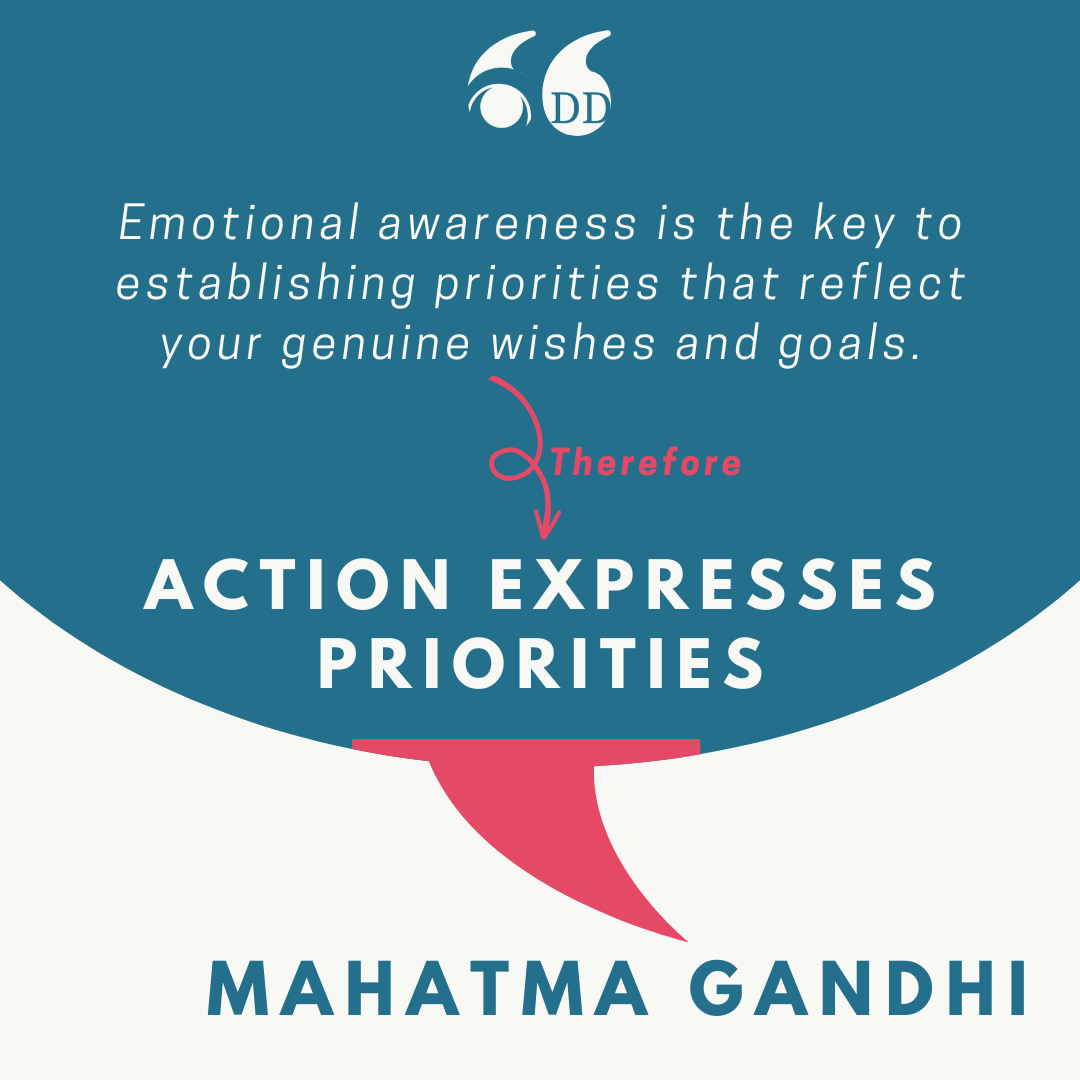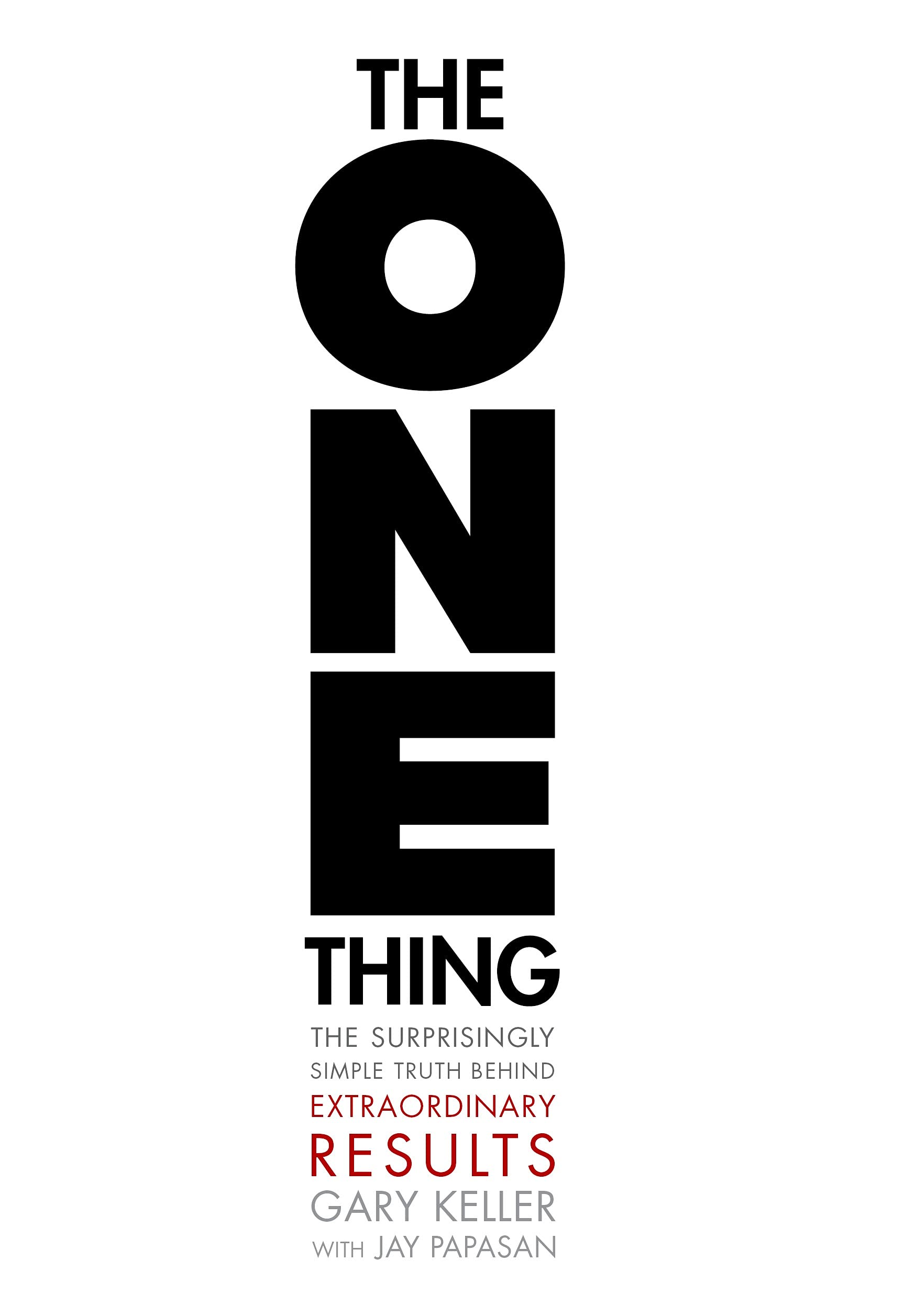Diligent Sunday Newsletter / Issue #9
Looking for a way to balance your income, health, and fulfilment? Check out this week's Diligent Sunday Issue to discover the Magic Triangle of Prioritization. Learn tips to help you achieve your goals, explore authentic reasons for your aims and dive into the concept of your Shadow Self.

Editor's Note
Dear Diligent Sunday Readers,
We are now in March and starting the tenth week of the year, so after this week, we will have completed 19% of the year, or just under a fifth!
Taking stock of my primary objectives, I regret not being able to report a fifth of goal achievement in the health and fitness domain, where my primary objective is to lose 12 kilogrammes. In a strict sense, I am stagnant.
The reason is competing goals.
I have three areas of life right now that I want/need to pay a lot of attention to:
- Income: My job
- Health: Exercise and movement
- Fulfilment: my desire to build a scaling sideline with Deliberate-Diligence.com
Of course, anyone who knows anything about project management will immediately see this as the Magic Triangle.

Of course, finding a balance in a magic triangle is challenging. Typically, you have to make choose two out of three priorities.
What do you genuinely want to accomplish at this time?
- Income + health? No problem!
- Health + fulfilment? You'll get it!
- Fulfilment + Income? Sure, why not?
The problem is when you try to do all three things at the same time:
- Income + Health + Fulfilment? Not a chance - it will lead to overwhelm!
I had intended to cut back on my weekend and overtime work in favour of working for myself and my blog.
On paper, this makes perfect sense: I would work 10 to 15 hours less overtime at my job and could thus devote an additional two hours a day to my side business.
The problem is that I'm making a logical decision that completely disregards my emotional level. I should have asked myself first: Why am I working overtime? Because I have logically decided to do so? No! I do it out of a sense of duty and because I can't bear to see an important task undone. Or sometimes, the motivation is the fear of failure or of embarrassing myself because the results might not be good enough.

So, what has happened over the past five months?
My daily activities have been dominated by my job and side hustle. The weakest link—where the effects of neglect are not immediately visible—has been eliminated: I exercised less, played less sport, and consumed unhealthy foods.
In other words, my job and side hustle are going well, but I've put on a lot of weight and now have to react and decide how to continue. Accept the disbalance for a while? Or make adjustments?
Why am I writing to you today?
I want to make the point that prioritising is more complicated than all those blog posts and tweets from content creators constantly make it out to be.
We frequently overestimate our capacity for managing multiple priorities at once. The aforementioned personal example should demonstrate again that we can only focus on one or two larger endeavours when in doubt. These can typically be divided into six to twelve distinct subproblems, but never more.
In addition to planning logically, it is essential to comprehend and account for emotional contexts. We are, after all, emotional beings.
To achieve this, we must recognise and understand the motivations behind our objectives and incorporate them into our plans.
Enjoy reading, and I wish you a great start to the coming week!
Best Regards,
-- Martin from Deliberate-Diligence.com
Today at a Glance:
- 🥸 Quote of the Week: Action Expresses (Genuine) Priorities
- 📝 List: 30 authentic reasons for your aims and activities
- 📚 Book Recommendation: "The One Thing"
- ✍️ Summary of this week's articles on Deliberate-Diligence.com

🥸 Quote of the Week: Action Expresses (Genuine) Priorities

There is more to the quote than meets the eye. Of course, priorities can be identified through actions. So What?
But the underlying truth is that words and logical thoughts are not to be trusted when it comes to understanding priorities. Only action is a good indicator of proper priorities. And I don't just mean understanding the priorities of others, but especially your own.
I can say as often, and as much as I want, that from now on, I will only eat a salad every night to lose some weight.
The truth only becomes apparent when I actually take the time in the evening to cook fresh basic foods instead of escalating to a pizza delivery service. I realised more than once that losing weight could not have been as important to me as I thought beforehand.

📝 List: 30 authentic reasons for your aims and activities
We must comprehend the emotional motivations underlying our goals and actions to prioritise effectively. I see two frequent errors in myself and others:
- We don't want to deal with it because it is unpleasant (e.g. fear of death)
- We don't admit our motivations because they are too selfish, superficial or run against the social norm (e.g. desire for power, greed, to be the most beautiful, etc.).
Here is a little exercise:
- Think about your top 2-3 goals that you have
- See which of the emotional motives listed below fit in with them, if you are honest
- Consider whether this realisation has a consequence.
If you acknowledge your true motivation, you can use it more effectively as a drive and energy source. Let's say you want to be the most beautiful. Before and during exercise, I would visualise myself walking through the city and everyone looking at me in admiration.
Many would see this as a low-quality motive. I see it as authenticity and a great source of energy for change. I see the truth in it. Feel free to use your genuine motives!
These motives could be:
- Desire for success
- Fear of failure
- Need for recognition or validation
- Need for love and affection
- Fear of rejection or abandonment
- The desire for power or control
- Need for security or stability
- The passion for adventure or excitement
- Need for independence or autonomy
- The desire for self-improvement or personal growth
- Need for belonging or community
- Fear of missing out or being left behind
- The desire for financial security or material possessions
- Need for comfort or relaxation
- The desire for creativity or self-expression
- Need for intellectual stimulation or challenge
- The desire for social status or prestige
- Need for spirituality or a sense of purpose
- The desire for physical fitness or health
- Need for inner peace or emotional well-being.
- The desire for personal fulfilment or self-actualization
- Need for acceptance or approval
- Fear of judgment or criticism
- The desire for novelty or variety
- Need for order or structure
- The passion for justice or fairness
- Need for creativity or originality
- The willingness to influence or impact
- Need for altruism or helping others
- The desire for freedom or liberation

📚 Book Recommendation: "The One Thing"

The One Thing: The Surprisingly Simple Truth Behind Extraordinary Results
by Gary Keller and Jay Papasan.
Many people argue that only one priority can be present at once.
I suggest the following book to you if you are interested in precisely this school of thought. You'll enjoy it!
"The One Thing" by Gary Keller and Jay Papasan is a book that advocates the importance of prioritisation and focus to achieve success in one's personal and professional life. The authors argue that you can achieve extraordinary results by identifying the most important task (MIT) and giving it your undivided attention.
The book is filled with examples and anecdotes that illustrate the power of this approach and provides practical advice on how to implement it in your daily life.
Here are ten key messages from the book:
- Focus on the one thing that will make the most significant impact on your goals.
- Multitasking is a myth; focusing on one thing at a time is better.
- Time block your most important work and protect it from distractions.
- Create a habit of asking, "what's the one thing I can do such that by doing it everything else will be easier or unnecessary?"
- Use the 80/20 rule to identify the most important tasks.
- Understand that success results from small, consistent actions taken over time.
- Prioritise your health and well-being, as it enables you to perform at your best.
- Don't let the fear of missing out distract you from your goals.
- Embrace failure as a necessary part of the learning process.
- Surround yourself with supportive people who share your values and goals.

✍️ Summary of this week's articles on Deliberate-Diligence.com
Shedding Light on the Shadow Self: Embracing Your Hidden Persona

The article "Shedding Light on the Shadow Self: Embracing Your Hidden Persona" discusses the concept of the shadow self, which refers to the parts of ourselves that we keep hidden or repressed. I explain that acknowledging and accepting our shadow self can lead to personal growth and self-awareness.
Throughout the article, I provide examples of how the shadow self can manifest in our lives. This can be through projection onto others or through self-sabotage. By exploring our shadow self, we can identify and examine our negative thoughts and behaviours and understand our childhood experiences and cultural conditioning.
I emphasise the importance of compassion and non-judgment in this process. It is essential to understand that exploring our shadow self can be a challenging and emotional journey.
We can become more authentic and creative by integrating our shadow self into our identity. The article highlights the potential benefits of shadow work, including increased self-awareness, greater self-acceptance, and improved relationships with others.
I encourage readers to explore their shadow selves and provide guidance on how to do so. By acknowledging and accepting their hidden persona, readers can gain greater self-awareness and personal growth.

This concludes my weekly update for now, and I hope you have a fantastic week ahead!
Best Regards,
-- Martin from Deliberate-Diligence.com


Discussion